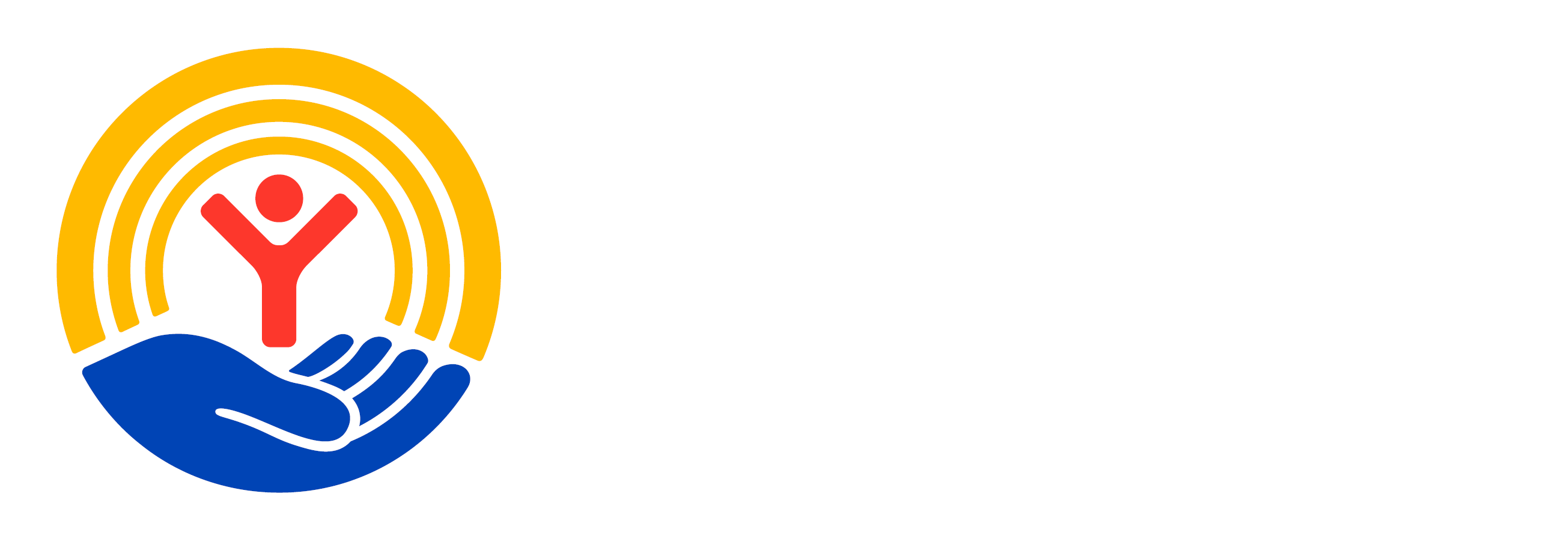
United Way of North Idaho aspires to live in an inclusive community where all individuals have access to resources and opportunity for a life of physical and mental health in fulfillment of their greatest potential.
We work to demonstrate these intentions through our decision-making, funding opportunities, and equal-opportunity employment.
We acknowledge that to truly honor our commitment to a diverse, equitable, and inclusive north Idaho community, we must intentionally recommit ourselves as individuals and as an organization to:
- recognize our implicit biases and respect others’ realities
- seek out and understand our nation, state, and region’s complex history
- listen to, understand and support all cultural and ethnic voices in our community, and
- leverage our responsibility as a community voice to stand as a strong ally in the effort to dismantle systemic racism and all systems of oppression that exist within ourselves and our community.
As such, we embrace an intersectional lens, which seeks out and includes representation from individuals of any race, ethnicity, social or economic background, disability, religion, age, sex, sexual orientation or gender identity.
United Way of North Idaho’s Diversity, Equity, and Inclusion policies apply to the entirety of our organization, including staff, volunteers, Board members, and all of the programs and agencies with which we work. To report an exclusionary practice or policy by a UWNI representative or a funded agency, please contact our Executive Director, Mark Tucker (208-667-8112| mark@uwnorthidaho.org) or an Officer of the Board of Directors. Anonymous reports may be delivered via mail to:
501 E. Lakeside Avenue, Suite 3; Coeur d'Alene, ID 83814
and must include specific instances to confirm said concerns. Targeted services are not considered discrimination.
Glossary
Diversity - Each individual is unique, and groups of individuals reflect multiple dimensions of difference including race, ethnicity, gender, class, sexual orientation, age, physical ability, religious beliefs, political beliefs, and cognitive styles.
Equity - Offering varying levels of support depending on the need to achieve greater fairness and equality of outcomes
Inclusion - Authentically bringing traditionally excluded individuals and/or groups into processes, activities, and decision/policy-making in a way that shares power.
Intersectional - with an eye for the connections between systems of oppression (e.g. racism and classism, racism and sexism) and how individuals experience those intersecting or compounding systems of oppression or privilege
Implicit bias – the attitudes or stereotypes that affect our understanding, actions, and decisions unconsciously. They are activated involuntarily, without conscious awareness or intentional control. They can be either positive or negative, and everyone is susceptible. Click to take an implicit biases self-test.
Systemic racism – a system in which public policies, institutional practices, cultural representations, and other norms work in various, often reinforcing ways to perpetuate racial group inequality. It is the presence of racial bias among institutions and across society. It involves the cumulative and compounding effects of societal factors including the history, culture, ideology and interactions of institutions and policies that systemically privilege white people and disadvantage people of color.
System of oppression - The combination of prejudice and institutional power which creates a system that discriminates against some groups (often called “target groups”) and benefits other groups (often called “dominant groups”). Examples of these systems are racism, sexism, heterosexism, ableism, classism, ageism, and anti-Semitism. These systems enable dominant groups to exert control over target groups by limiting their rights, freedom, and access to basic resources such as health care, education, employment, and housing.
Four Levels of Oppression:
- Personal: Values, Beliefs, Feelings
- Interpersonal: Actions, Behaviors, Language
- Institutional: Rules, Policies, Procedures
- Cultural: Beauty, Truth, Right
